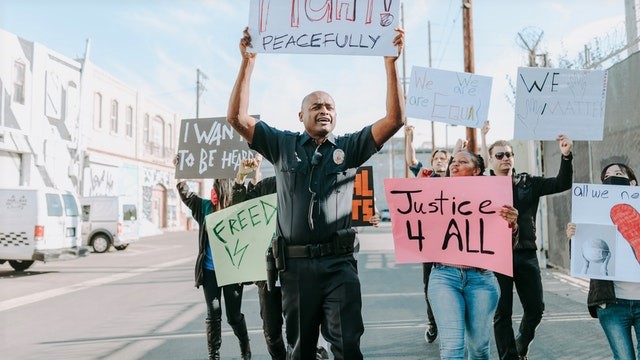
The Importance of politics is very significant in all democratic societies. The concept of politics remained vital since the day first of mankind’s history. In a social setup, people live together in groups, and these groups emerge in the shape of their communities. In social settings, decision-making in collecting settings shaped the term politics. and in large groups like communities or tribes, they form their representatives for their collective decisions.
What is politics?
There are two basic ways in which people make decisions in large groups, economic and political.
Economic decisions are made by people who need money. They plan how much they will produce, and how much of that product they will offer to the rest of the group. They decide what prices they will charge, and they decide how much they will pay others to produce some goods.
Political decisions are made by people who need something. They will be trying to convince the other people in their group that they are right, and why they should follow their directions. They will be arguing that they should give people money. They will be arguing that the other people should give them things. They will be defending their ideas and trying to show that others are wrong.
Why does it matter?
The reason why politics is important is that it decides how society functions. For example, a country’s government should make decisions about the distribution of wealth, how much people should work, and what kinds of rights people should have. In addition, a country’s government decides what policy will be implemented in the country, such as what laws will be made and which groups of people will be targeted.
In the United States, there are two main branches of government: the Executive Branch and the Legislative Branch. The Executive Branch makes the final decisions, while the Legislative Branch makes the rules. The Legislative Branch also decides how laws are made. For example, the president may submit a bill to Congress, and Congress then decides whether to take action.
Who are the people who work in politics?
This is a very important question when it comes to political workers and politics. There are two kinds of people who are involved in politics. The first kind of people who work in politics is called leaders. Leaders are those people who are the most senior members of their tribes, tribes, and cities. They make the decisions that affect the groups. Leaders are called rulers because they make decisions that affect people in some way.
Some people are called politicians because they work in politics in a more permanent way. They are not tribal leaders or leaders of cities but they do have influence. Politicians are called politicians because they make decisions that affect the whole group in some way, whether that decision is to change laws or the way that society is run.
How do you become a politician?
There are various ways in which people may go into politics, but often, the way in which people become politicians is as follows:
The individuals who make up the group decide that they are going to make decisions in the group. They put this on paper. They agree on a system.
In the US, citizens can become politicians by running for office. In the UK, members of Parliament (MPs) can become members of Parliament by being nominated for a seat in the House of Commons or being elected to a seat in the House of Commons with the help of other members of parliament.
Members of Parliament cannot have served as an MP for more than two consecutive periods in the House of Commons. It is possible for someone to be an MP for a third time if they are appointed to a seat.
In fact, politics has gained much importance in the current era. It is significant for its ways to govern community matters in a collective manner. An individual chooses his representative by vote. And that elected representative becomes responsible to protect the rights and interests of his voters.
Reflect your opinion about politics and its importance in the comment section below.


Pingback: Modern Literature: A Reflection of Society - Kitab Center
Pingback: What Is Historical Fiction? The Best Ways to Write It - Kitab Center
Pingback: The Welfare State: Is It Still Necessary? - Siasi Yateem
Pingback: Top 10 Advantages of Agriculture - Zari Alat